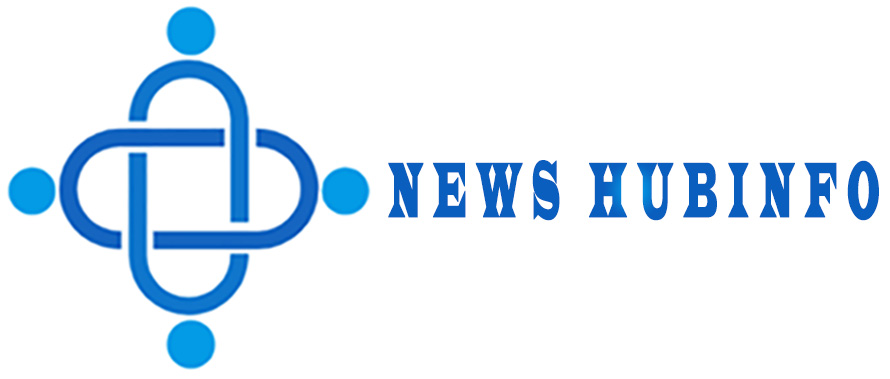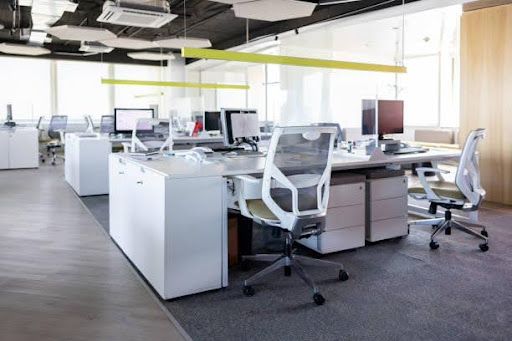In the modern workplace, the office table stands as a cornerstone of productivity, collaboration, and creativity. It’s not merely a piece of furniture; it’s a symbol of organization, efficiency, and professionalism. From traditional wooden desks to sleek, ergonomic designs, office tables have evolved to accommodate the changing needs and preferences of workers. Let’s delve into the significance of the office table and its role in shaping the contemporary work environment.
Office Table
At the heart of every office space lies the office table—a surface where tasks are completed, ideas are born, and goals are achieved. It serves as a platform for individuals to organize their work essentials, including computers, notebooks, pens, and other tools necessary for daily tasks office table. A well-designed office table provides ample space for employees to spread out their work materials, minimizing clutter and promoting a clear mindset conducive to productivity.
Versatility and Adaptability
Office tables come in a variety of shapes, sizes, and styles to accommodate different work settings and preferences. Rectangular tables are classic choices for individual workstations, providing ample space for computers and paperwork. Meanwhile, modular tables offer flexibility, allowing for easy configuration into collaborative workstations or conference setups. Standing desks have gained popularity due to their ergonomic benefits, promoting better posture and reducing the health risks associated with prolonged sitting. Height-adjustable tables cater to the diverse needs of employees, enabling them to alternate between sitting and standing throughout the workday.
Steel Cabinet
In today’s dynamic work environment, collaboration is key to innovation and success. Office tables play a crucial role in facilitating teamwork and brainstorming sessions. Shared tables with integrated power outlets and cable management systems encourage collaboration by providing a central space for colleagues to gather, share ideas, and work on projects together steel cabinet price. Moreover, round or oval tables promote inclusivity and open communication, as they eliminate hierarchical seating arrangements and encourage face-to-face interaction among team members.
Reflecting Corporate Culture
The design and arrangement of office tables often reflect the corporate culture and values of an organization. Tech companies may opt for modern, minimalist tables in open-plan offices to foster a sense of innovation and transparency. In contrast, law firms or financial institutions may prefer traditional, mahogany desks in private offices to convey a sense of professionalism and authority. Customizable options, such as branded tabletops or personalized desk accessories, allow companies to reinforce their brand identity and create a cohesive workspace that aligns with their values.
Reception Desk
Employee well-being is paramount in today’s workplace, and office tables play a significant role in promoting comfort and ergonomics. Adjustable desks and ergonomic chairs support proper posture and reduce the risk of musculoskeletal disorders associated with prolonged sitting. Cable management solutions help minimize clutter and trip hazards, creating a safer and more organized work environment reception desk. Additionally, incorporating biophilic elements, such as plants or natural materials, into office table design can enhance mood and productivity while fostering a connection to nature indoors.
Embracing Technology
In the digital age, office tables have evolved to accommodate the integration of technology seamlessly. Cable management systems keep cords and cables out of sight, creating a tidy workspace and reducing the risk of accidents. Built-in power outlets, USB ports, and wireless charging pads enable employees to stay connected and powered up throughout the day, eliminating the need for unsightly extension cords or adapters. Some advanced office tables even feature integrated touchscreen displays or interactive whiteboards, transforming traditional workspaces into collaborative digital hubs.
Conclusion
The office table is more than just a piece of furniture; it’s a symbol of productivity, collaboration, and innovation in the modern workplace. From its role as a foundation for individual tasks to its function as a hub for teamwork and creativity, the office table shapes the way we work and interact with our environment. By prioritizing versatility, comfort, and technology integration, companies can create workspaces that inspire employees to excel and thrive in today’s fast-paced business world. As we continue to embrace new trends and technologies, the office table will remain a timeless fixture, adapting to the ever-changing needs of the modern workforce.

